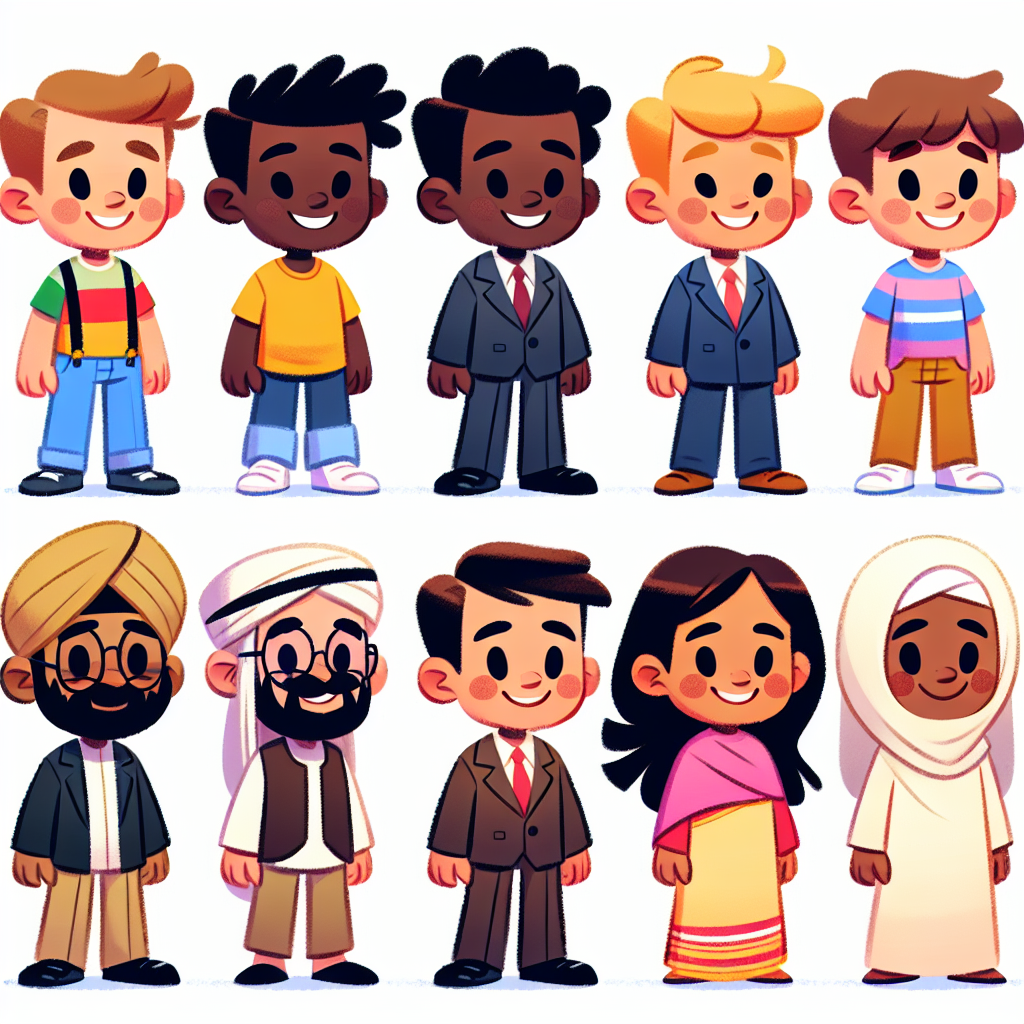Empathy & Compassion: Ensuring Judicial Access for the Visually Impaired
The Supreme Court emphasized the need for empathy and compassion towards visually impaired individuals in judicial services. It highlighted reserving quotas for such candidates under the Rights of Persons with Disabilities Act, underscoring the importance of inclusive policies ensuring equal opportunities in the hiring process.

- Country:
- India
The Supreme Court highlighted the urgent necessity of approaching visually impaired individuals with empathy and compassion as it deliberated on multiple pleas concerning the non-allocation of judicial service quotas. This announcement coincided with the International Day of Persons with Disabilities, adding a symbolic weight to the court's discussion.
A bench comprising Justices J B Pardiwala and R Mahadevan stressed the importance of inclusive judicial employment practices. Senior Advocate Gaurav Agarwal, serving as amicus curiae, argued that excluding visually impaired candidates from reserved quotas under the Rights of Persons with Disabilities Act undermines their legal rights.
The bench suggested potential guidelines might be established to rectify existing recruitment processes in states like Madhya Pradesh and Rajasthan to ensure equal opportunity for visually impaired candidates. The aim is to facilitate better representation in judicial services examinations, ensuring compliance with the law promoting disability rights.
(With inputs from agencies.)
ALSO READ
Celebrating Compassion: Dr. Dinesh Shahra Launches 'Dalai Lama's Secret to Happiness'
Join the International Big Cat Alliance: A Call for Compassion and Conservation
MPs Demand Compassionate Response to Farmers' Ongoing Protest
Himachal Pradesh to Revamp Compassionate Employment Policy
Akasa Air's Ascent: A Flight Towards Empathy and Expansion










